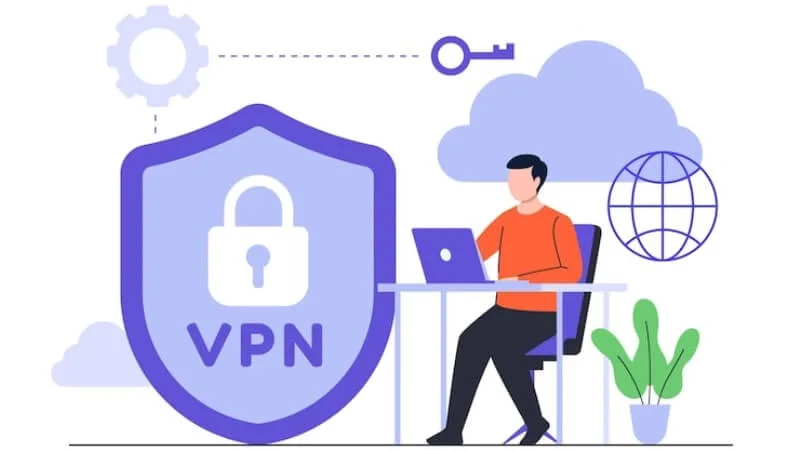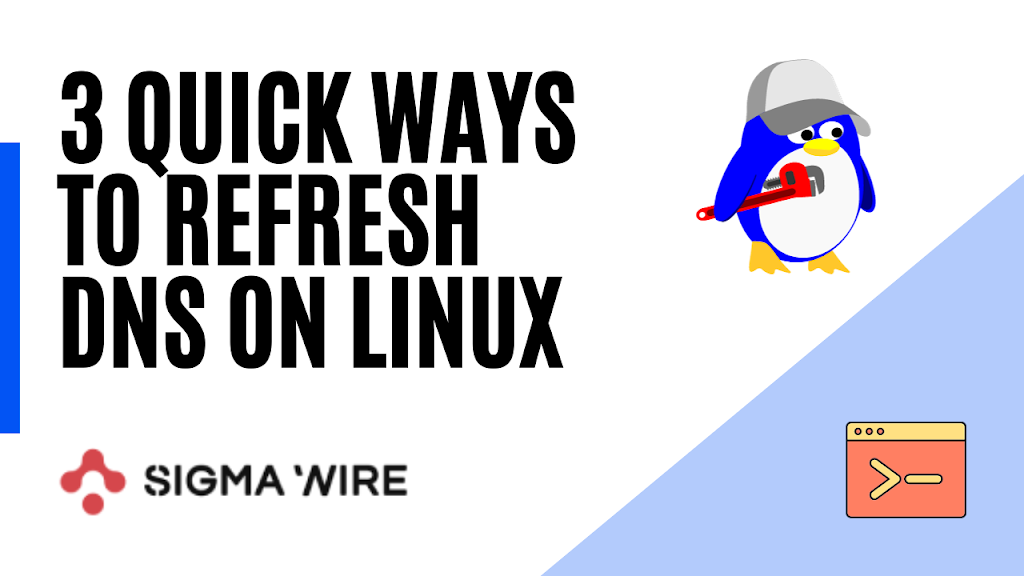Although Linux is an operating system with a strong security focus, a virtual private network (VPN) is still necessary for complete internet protection. Unfortunately, hardly many VPNs, let alone free ones, support Linux. If they do, they probably intend to cause you harm, such as gathering your data or infecting you with malware. In order to find and thoroughly test the top free VPNs for Linux that you can quickly set up and use, we made it our mission to consider this.
- ProtonVPN: Offers unlimited data and a dedicated GUI. It supports OpenVPN, Wireguard, and IKEv2 protocols and is available on Debian, Ubuntu, Linux Mint, MX Linux, Kali Linux, Elementary OS, Fedora, and Arch Linux / Manjaro distros.
- Windscribe: Blocks malware, tracking, and ads. It offers 10 GB per month if you provide an email address and supports Debian, Fedora, CentOS 6+, and Ubuntu distros.
- TunnelBear: Offers fast speeds with numerous servers. It provides 500 MB per month for free and supports Ubuntu and Fedora distros.
- Hotspot Shield: Provides a Chrome extension that offers 250 MB of free data per day and offers great speed. If you are looking for a safe and best-quality VPN in your browser this will be a great choice.
- PrivadoVPN: This VPN unblocks streaming sites and is lightweight and powerful. It is available in a free version that offers 10 GB of data per month.
How do I set up a VPN on Linux?
The most popular technique to set up a VPN on Linux is to use OpenVPN. Here is a quick tutorial for installing OpenVPN on Linux:
- Set up OpenVPN: Run the following command in your terminal to install OpenVPN: apt-get install openvpn using sudo.
- the configuration files to download: The configuration files for your VPN provider must be downloaded. The server address, port number, and encryption settings are typically contained in these files.
- Config files should be copied: Copy the configuration files to the /etc/openvpn directory after you have downloaded them.
- Link up with the VPN: Run the following command in your terminal to connect to the VPN: Open VPN with sudo /etc/openvpn/config.ovpn. Put the name of your configuration file in lieu of config.ovpn.
What Is the Difference Between Free and Paid VPNs?
Free and paid VPNs differ in several aspects. Here are some key differences:
Pricing: Paid VPNs charge a monthly subscription fee, however, free VPNs are available for free.
Functionality: Compared to free VPNs, paid VPNs typically offer more functionality. These can include more servers, quicker speeds, more bandwidth, and more security measures.
Data Caps: Free VPNs frequently contain data caps, which limit the amount of data you may use before being charged or subject to other restrictions. Most paid VPN services provide unlimited data usage.
Security: Both free and premium VPNs use encryption to safeguard your online activities, but paid VPNs often include more robust security features. They might have additional security features like a kill switch or DNS leak protection, as well as more sophisticated encryption techniques.
Privacy: In order to make money, free VPNs may gather and sell user data to outside parties. On the other hand, paid VPNs frequently prioritize customer privacy and have stringent no-logs policies.
Customer help: Dedicated customer help, such as live chat or email support, is typically offered by paid VPN services. Free VPNs could offer little to no customer assistance.
Performance: Paid VPNs typically provide faster and more dependable performance when compared to free VPNs. This is due to the fact that they have more money to devote to server infrastructure and upkeep.
How Do I Choose the Best VPN for My Needs?

It can be difficult to choose the best VPN for your purposes, but the following important elements should be taken into account:
Privacy and Security: If preventing governments and ISPs from monitoring your online activities is your top priority, seek for a VPN that supports robust encryption protocols1. These protocols specify the means by which data is sent and encrypted as well as how the app and server connect to one another1.
Streaming: Pick a VPN that is renowned for its capacity to get around geo-restrictions if you wish to access foreign collections of shows and movies1.
Speed: Look for a VPN that offers quick download and upload times across several servers1.
Check that the VPN you select is compatible with the hardware and operating systems you use.
Compatibility: Ensure that the VPN you choose is compatible with your devices and operating systems.
Customer Support: Consider the availability and quality of customer support provided by the VPN provider.
Pricing: Compare the pricing plans of different VPN providers and choose one that fits your budget.
Best VPNs for Torrenting in 2023
The top VPNs for torrenting in 2023 are listed below:
ExpressVPN: This VPN is a great choice for torrenting because it has a ton of servers spread out all over the world, quick connection speeds for the quickest downloads, efficient kill switches for a variety of devices, and it’s incredibly simple to use. It provides a 30-day money-back guarantee, a unique high-speed protocol, and round-the-clock customer service.
The VPN Nord: VPN has a ton of features that make torrenting safer and simpler. When downloading anonymously, double VPN, Onion over VPN, Meshnet, and a no-logging policy evaluated yearly by PricewaterhouseCoopers provide you the security you need. Additionally, it provides a 30-day money-back guarantee so that you may test out its services without risk.
Private Internet Access: This VPN is the best cheap torrenting VPN. It provides fast speeds with numerous servers and is available in a free version that offers 10 GB of data per month 12.
CyberGhost: This VPN offers a lot of adjustable settings for torrenting and has excellent security measures.
ProtonVPN: With no data limits and three server locations, this VPN is the best free VPN for torrenting.
Although these VPNs are free to use, keep in mind that they can have certain restrictions, such as limited data consumption or slower speeds than their premium counterparts.
Conclusion
Five alternatives that address various needs and tastes are highlighted in the article as the top free VPNs for Linux users in 2023. It adds that you should pick the VPN that best meets your demands for online security because some of them may have restrictions like data constraints or slower speeds.



Let’s spread the love! Tag a friend who would appreciate this post as much as you did.